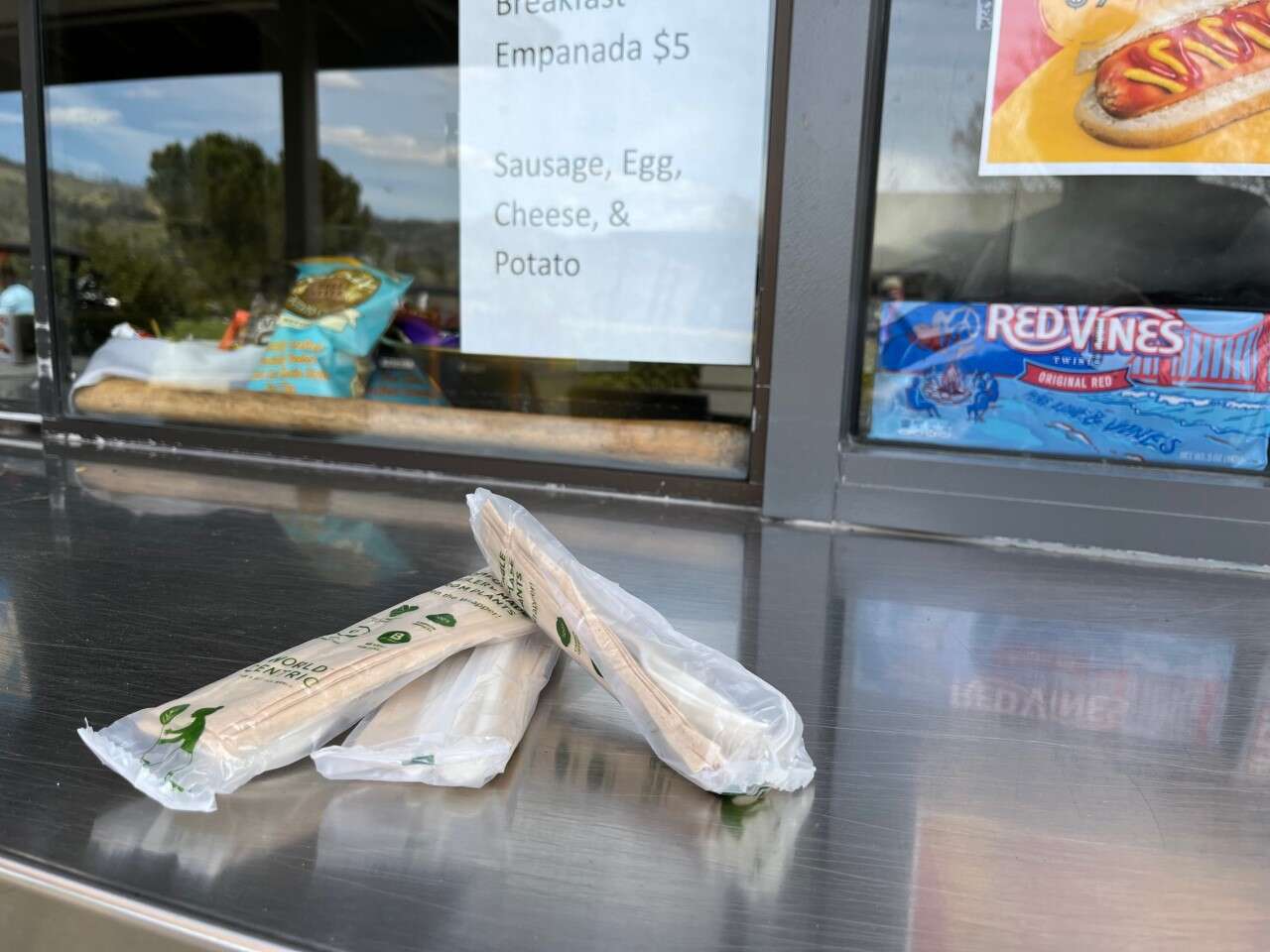The Napa County Board of Supervisors on Tuesday passed a ban on retailers providing plastic carryout bags to customers in the county’s unincorporated areas starting next year, closing a loophole that had allowed thicker plastic bags marketed as reusable.
The new rule aligns county policy with a forthcoming state law. Retailers will have until the ban takes effect to use up their remaining plastic checkout bags. After that, stores can offer paper bags made with at least 50% recycled content, charing 10 cents per bag with the fee itemized on receipts.
RELATED: Why plastic bags will be gone from California grocery stores by the end of the year
Businesses that violate the ordinance could face administrative fines starting at $1,000 per day and increasing to a maximum of $5,000 per day for repeated violations.
Related Articles
Californians can now shoot swans year-round without a license
Watchdog report says American e-waste is causing a ‘hidden tsunami’ in Southeast Asia
The food you toss costs you plenty and emits tons of pollution. We’ve got tips on how to cut down
A Grand Teton mountain runner set a record. But his route turned into a crime
Phillips 66, Kinder plan first-ever California-bound fuel pipeline
Supervisors on Tuesday also approved updates to a separate ordinance requiring food providers in the unincorporated county to use reusable or compostable foodware and accessories. That law, also effective Jan. 1, prohibits polystyrene containers and requires businesses to keep records of recyclable and compostable foodware for at least three years.
Calistoga is currently the only city in Napa County with a comparable ordinance, which took effect in March 2024. Other jurisdictions are expected to consider similar requirements soon, county planner Ryan Melendez said.
Many of the revisions to the county ordinance were intended to make the language clearer. But the changes also add new obligations, including annual staff education on foodware rules and waste separation into three streams: solid waste, recyclables and organics.
Melendez said enforcement will be partly complaint-based through county code enforcement, with the Environmental Health Division checking compliance during routine annual inspections of restaurants and food vendors in unincorporated areas. Once local cities adopt similar laws, those inspections will include municipal requirements as well.
Supervisor Liz Alessio said outreach and education will come first, but there will be penalties for those who ignore the rules. Fines will start at $100 for the first violation and can reach up to $500 for repeat offenses within a year.
“There’s some teeth to this, and I think that’s needed for human behavior change, often,” Alessio said.





